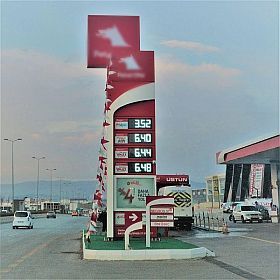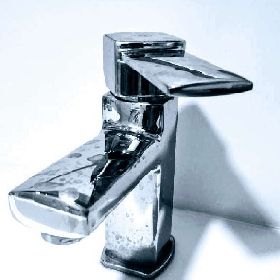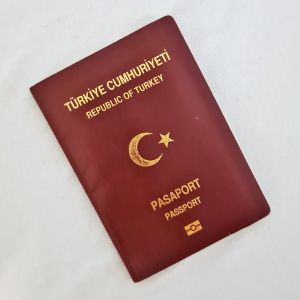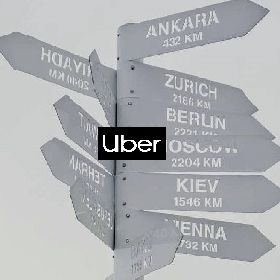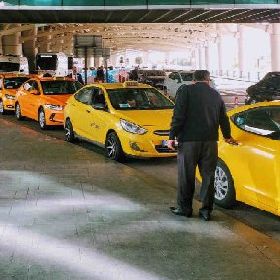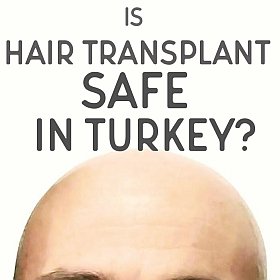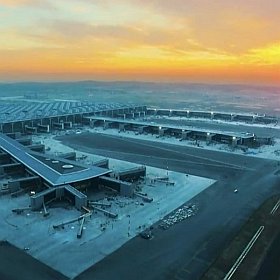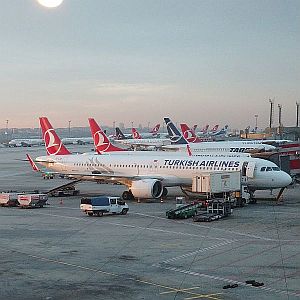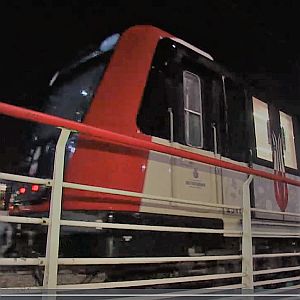Is it safe to drive in Turkey?
Author : isturkeysafe
7/1/2018
Last Update : 10/12/2018
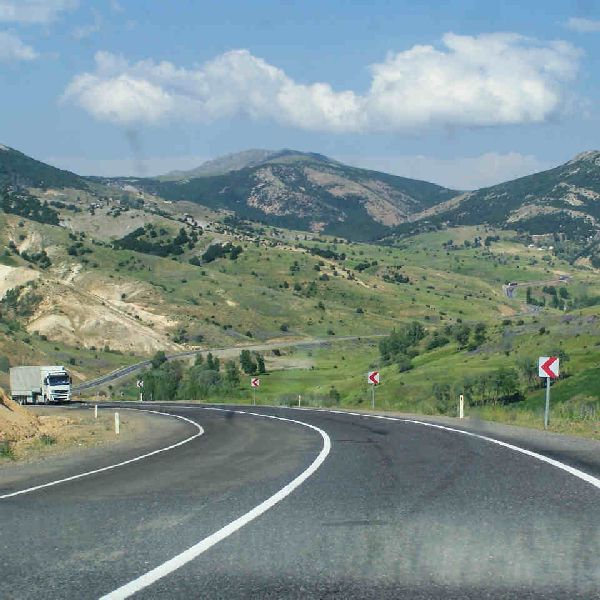
For a person who get used to drive in Europe, it is quite challenging to drive in Turkey. Driving in big cities like Istanbul, Ankara and Izmir can be a nightmare. Although the roads are often adequate, some drivers can be insane! Here are some tips about driving in Turkey.
- Many drivers consider the traffic signs as a recommendation, not a necessity. You can often come across traffic rule violations such as changing lanes and turning without using a signal light, following the vehicle in front dangerously close, passing in the red traffic light and passing on the pedestrian crossing without stopping. Especially, public transport vehicles ('Dolmus's, buses) and taxis violate a lot of traffic rules, so extra care must be taken when driving around such vehicles. In addition, many drivers do not wear seat belts even though they are required by law.
- 50 km / h in the settlements
- 90 km / h on intercity regular roads
- 110 km / h on inter-city divided roads
- 120 km / h on motorways

